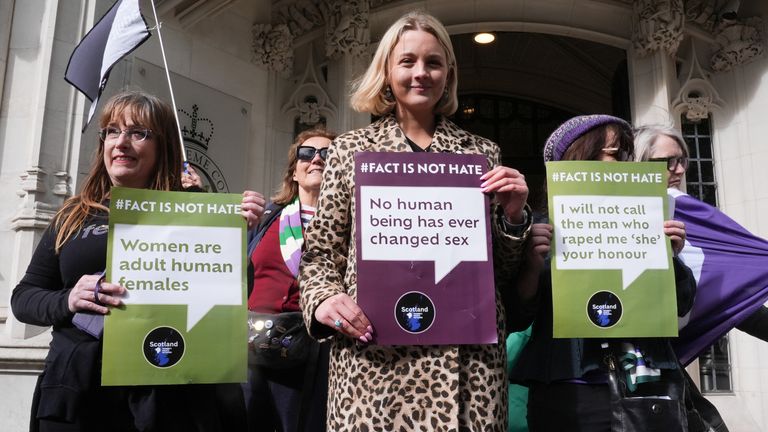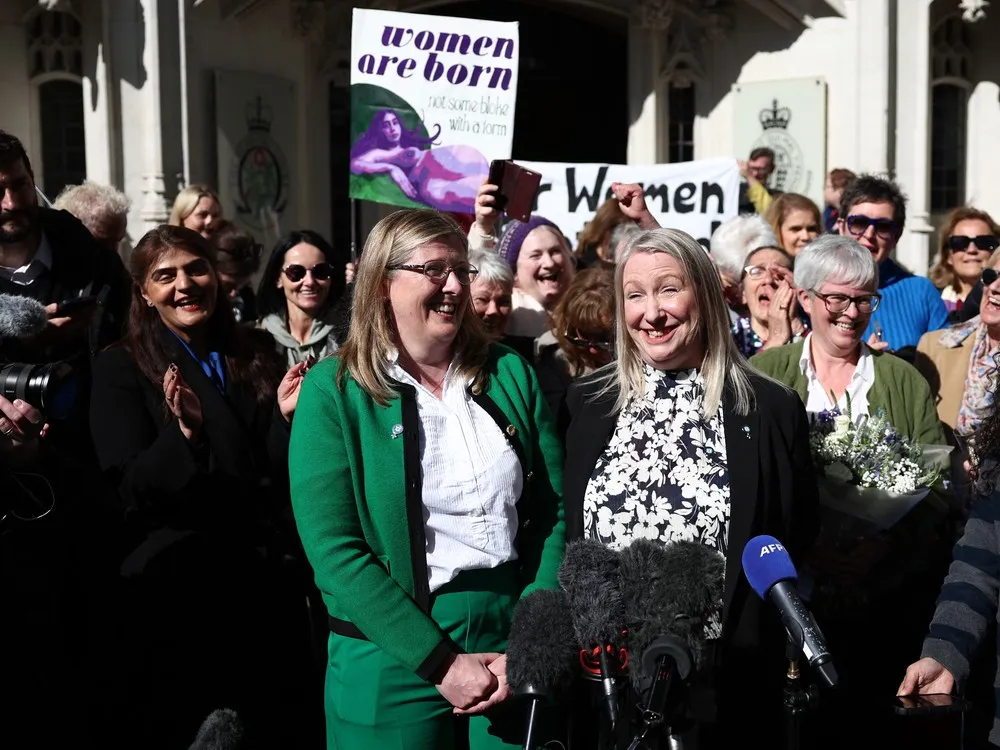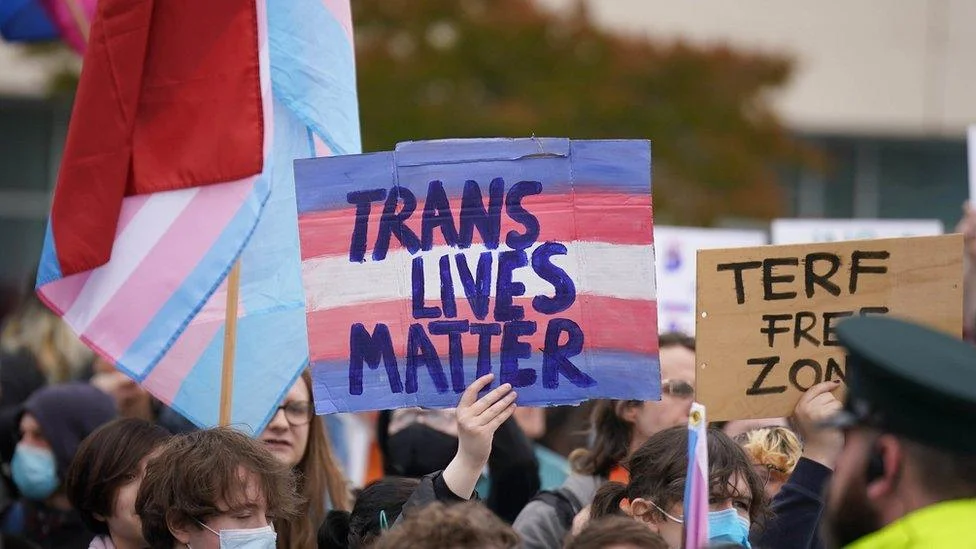Landmark ruling sparks national debate over legal gender recognition and transgender rights
In a highly controversial and closely watched decision, the U.K. Supreme Court has ruled that transgender women cannot be legally recognized as women under certain legal frameworks in the country. The judgment, handed down this week, is being described as a landmark moment in the ongoing conversation around gender identity, legal rights, and equality in the United Kingdom.
The Ruling Explained
The ruling stems from a case involving a trans woman who sought to be recognized legally as female after transitioning. The court ultimately ruled that, under current U.K. law, transgender women who have not met specific legal criteria—such as obtaining a Gender Recognition Certificate—cannot be recognized as women for legal purposes in some contexts, including areas like prison placement, single-sex services, and legal protections.

According to the judges, while gender identity is respected, biological sex remains a legally relevant distinction in specific public policy and legal settings.
Legal and Social Implications
This decision is expected to have far-reaching implications for transgender rights in the UK, particularly regarding access to gender-specific spaces like women’s prisons, shelters, sports, and healthcare services.
Critics argue that the ruling could further marginalize trans individuals and create significant barriers to equality and inclusion. LGBTQ+ advocacy groups have expressed deep concern, warning that the decision may set a precedent that limits legal recognition and protections for trans people across the nation.
Supporters and Critics Respond
Supporters of the ruling, including some women’s rights organizations, argue that the decision protects sex-based rightsand ensures clarity in the application of the law, especially in areas where biological differences are considered relevant for safety and fairness.

On the other hand, trans rights activists and equality campaigners have denounced the ruling as discriminatory and regressive, calling for urgent reforms to the Gender Recognition Act and broader legal frameworks governing gender identity.
A Call for Legislative Change
Following the ruling, advocacy groups are urging Parliament to review and update existing laws to ensure that transgender people are not excluded from full legal recognition and protection. Many are calling for a more inclusive and updated approach that respects both gender identity and individual dignity, while addressing public concerns in a balanced manner.
What’s Next?
This ruling is likely to reignite national and international debates over transgender rights, legal definitions of gender, and human rights protections. Activists and legal experts alike are now watching to see how this decision will influence future legislation and policy decisions across the U.K.




